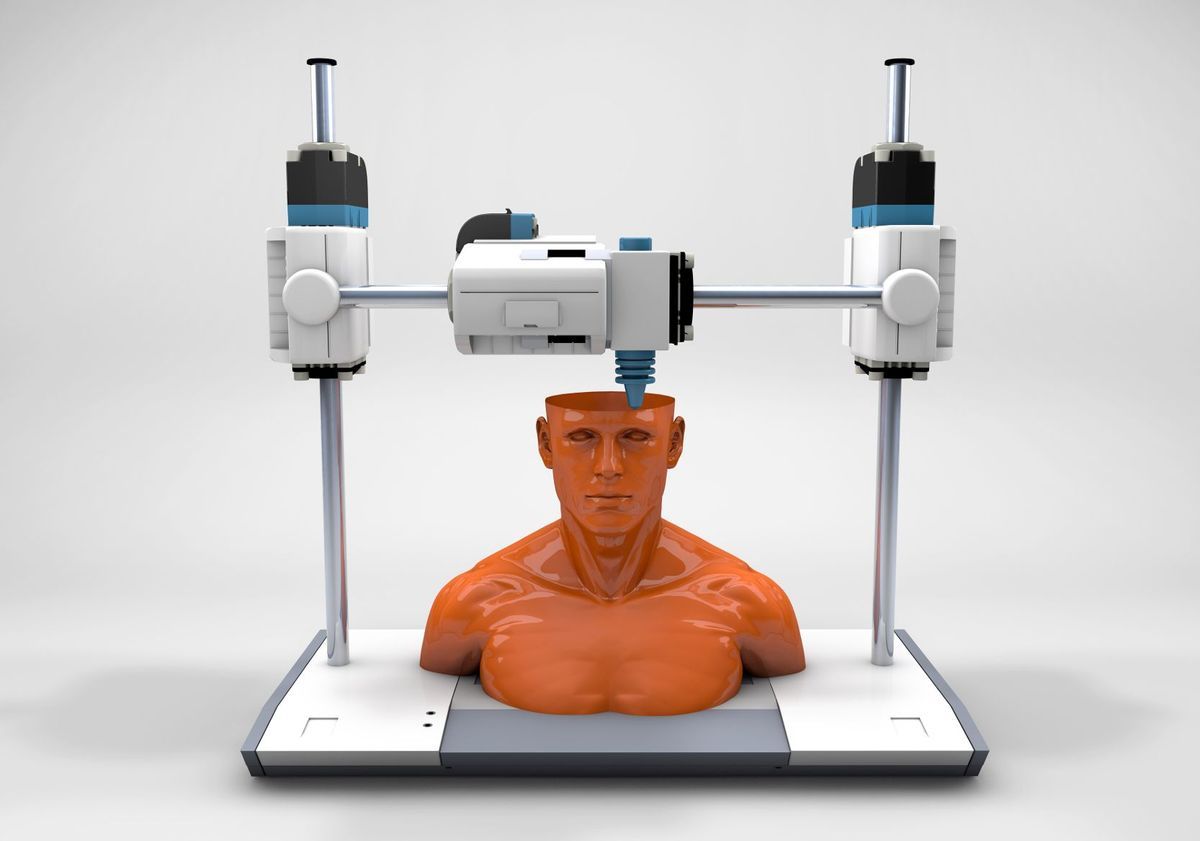This groundbreaking spinal implant technology developed by Swiss researchers shows promising results in restoring mobility to individuals with Parkinson’s disease. The team, led by Onward, a spinout company from Ecole Polytechnique Federale de Lausanne, has raised $170 million to develop and commercialize medical devices for brain and spinal cord injuries.
Key Takeaway
A revolutionary spinal implant technology, ARC-IM, developed by Swiss researchers, shows great promise in restoring mobility to individuals with Parkinson’s disease. By improving neural signals in the spinal cord, the implant enables synchronized activation of muscle groups, leading to significant improvements in walking ability and overall mobility.
Addressing the Challenge of Walking Difficulties
A common symptom faced by individuals with Parkinson’s disease is trouble walking, even with the advancements in treatments. Chemical and deep-brain stimulus therapies often become less effective as the condition progresses, causing a deterioration in gait. To tackle this issue, the NeuroRestore research team at EPFL, led by Jocelyne Bloch and Grégoire Courtine, focused on improving neural signals related to locomotion in the spinal cord.
Inspired by Success in Paralyzing Injury Cases
Building on the success of a spinal implant designed for individuals with paralyzing injuries, the researchers developed the ARC-IM implant. The device involves placing a network of electrodes around the area of the spine responsible for sending signals to leg muscles. The implant is then connected to a control unit that uses motion capture data of the patient’s walking patterns to trigger synchronized activation of muscle groups based on cortical activity.
Promising Results for Restoring Mobility
The initial trial of the implant involved one patient, Marc, who reported highly effective results. Further testing with six additional individuals will be conducted with the support of a grant from the Michael J. Fox Foundation. Videos documenting Marc’s progress demonstrate significant improvements in his ability to walk, even in challenging situations such as climbing stairs and entering elevators.
Future Implications and Commercialization
While the technology is still in its early stages and further research is needed, the transformative effects observed in Marc’s case highlight the potential of this innovative approach. The Michael J. Fox Foundation’s support will facilitate the inclusion of more patients in future trials, allowing for a more comprehensive evaluation of the implant’s effectiveness and associated risks. Onward, equipped with the necessary funding and patents, holds the exclusive right to develop and commercialize this technology. Before the full implant becomes available, the company plans to offer the ARC-EX external spinal stimulation platform to benefit a wider range of individuals.

























